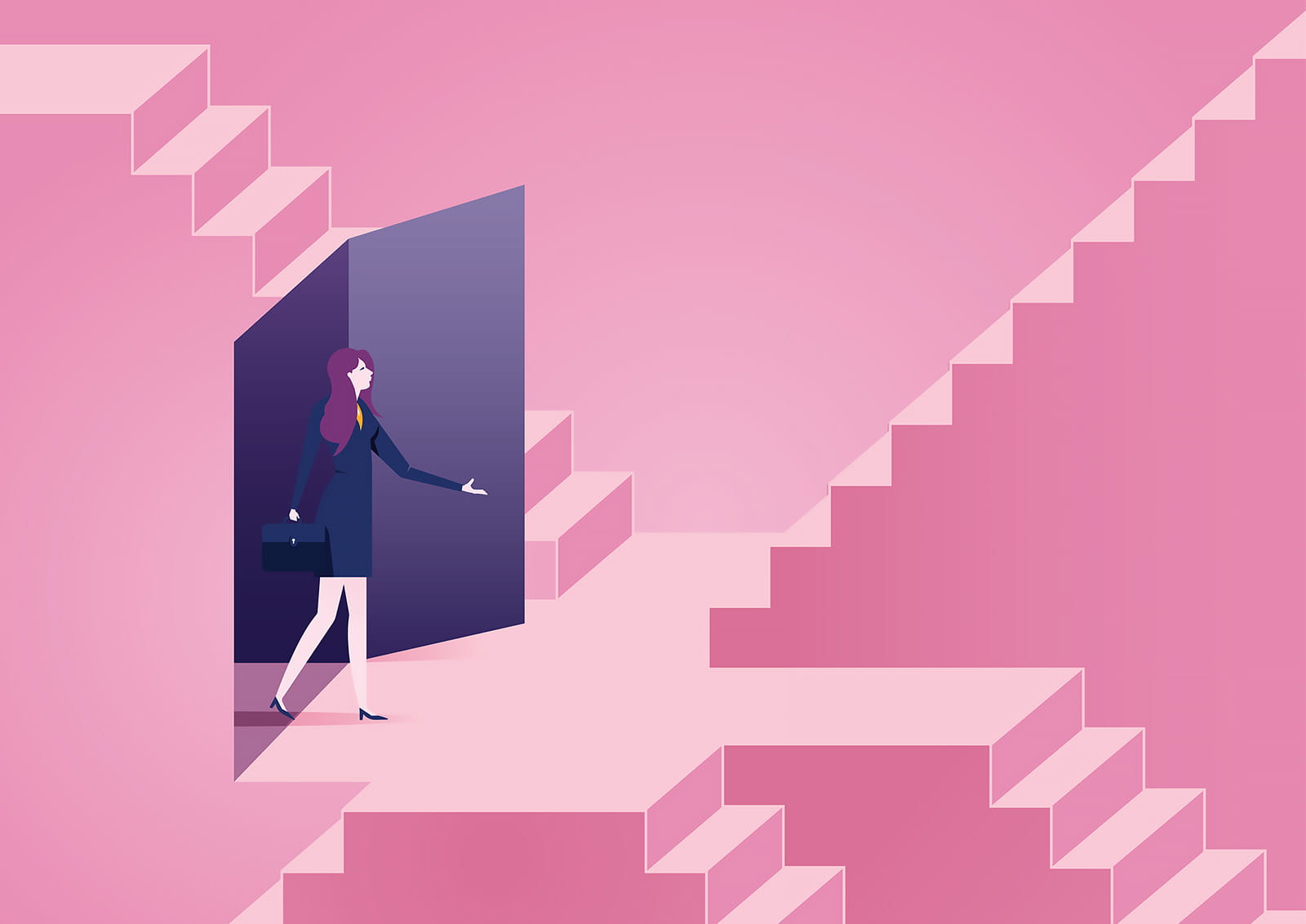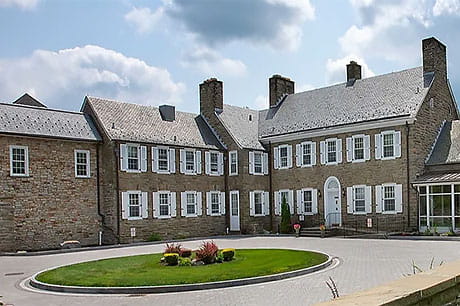Make the right choices for your adult brain.
Parents often remind their kids that alcohol and drugs can hurt developing brains.
But what about adult brains?
According to research, adult brains can also be damaged by alcohol and drugs, which can impact mood and cognitive ability, including memory.
And if substance abuse continues over several years, it's compounded by the fact that neural pathways naturally start to fire less effectively as we get older. Too many drugs or too much alcohol only speeds the process.

What happens in the brain depends on the substance abused. Opioids, for example, can cause anxiety and depression, while marijuana use can worsen depression and impair motor skills.
The bottom line: Substance abuse isn’t just bad for organs like your liver and pancreas. It’s bad for your brain, too.
If you think you might have a problem, help is available. And it can be effective. Because with some time, your brain can heal and your neurotransmitters can reset.
Now that’s worth thinking about.
A day in the life of recovery
Do you picture life at a residential addiction treatment center as all talk, no action?
At Geisinger Marworth Treatment Center in Waverly, Pa., days are filled with activity (and some talk) from sunrise to bedtime.
| 6–6:30 a.m. | Rise and shine |
| 6:45–8 a.m. | Hit the fitness center if you’re so inclined |
| 7:15 a.m. | Get your meds if you’re managing a chronic condition or getting help with detox |
| 7:30–8:20 a.m. | Breakfast |
| 8:30 a.m. | Take some time for mindfulness, meditation or prayer |
| 8:45 a.m. | Join the community meeting to meet newcomers and go over other business |
| 9 a.m. | Take in a lecture from counselors or other staff |
| 11 a.m. | Small group therapy |
| Noon | Lunch |
| 1:15 p.m. | Recreation therapy, where you’ll have a chance to do things like climb on the ropes course or rock wall and use the zip line |
| 3 p.m. | Sit in on a lecture about a more specialized topic of interest to you |
| 5 p.m. | Dinner |
| 6–9 p.m. | Work on your 12 steps or join an AA meeting |
| 9:30 p.m. | Activities wrap up |
| 11 p.m. | Lights out |
Geisinger Marworth offers inpatient and outpatient programs. Treatment options and support include cognitive behavioral therapy, acupuncture, music therapy, yoga, relationship issues support, LGBTQ support and programs specifically for uniformed and healthcare professionals. Learn more and take a virtual tour at marworth.org.


